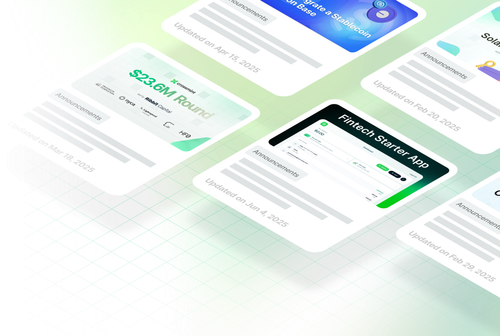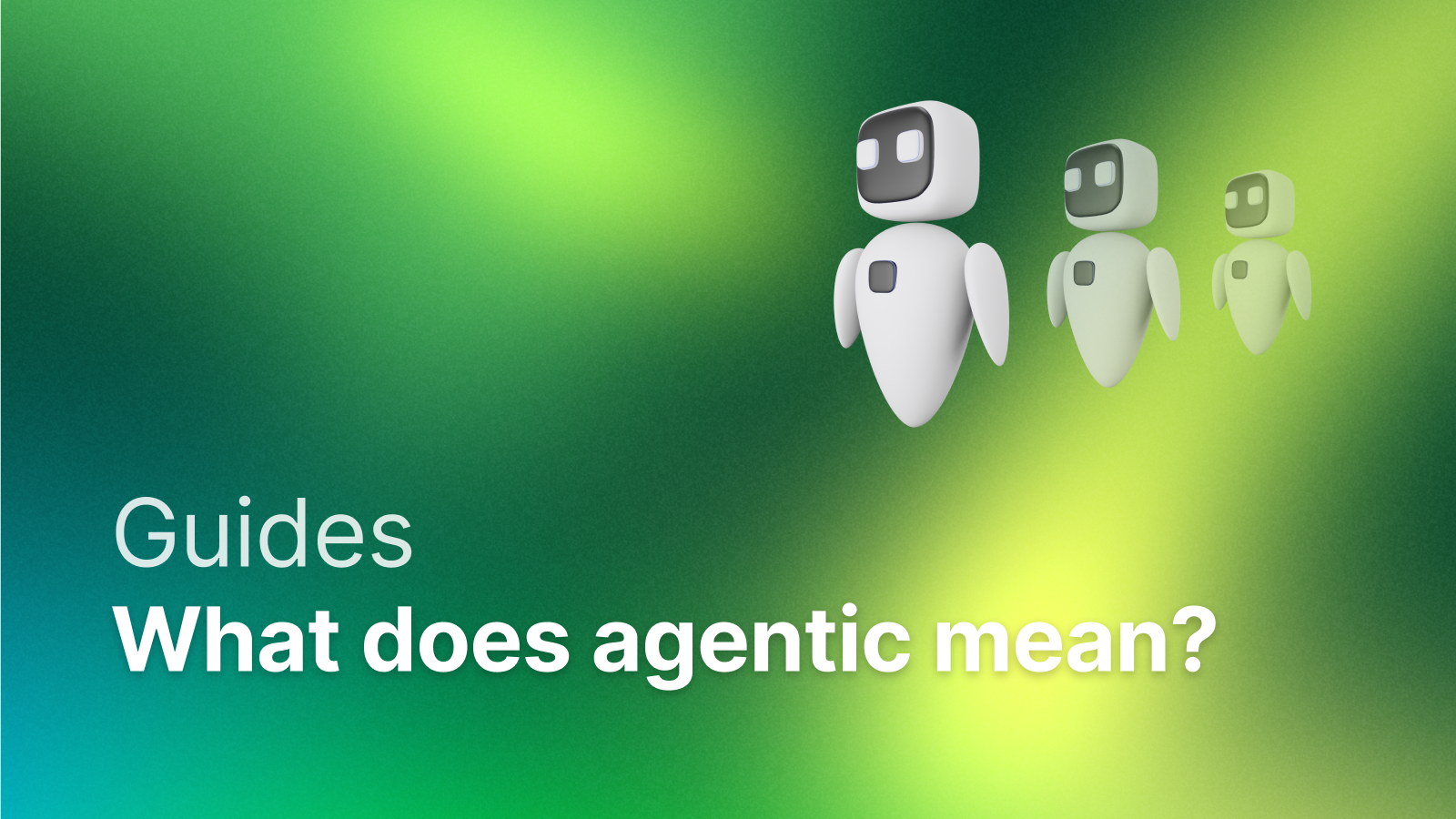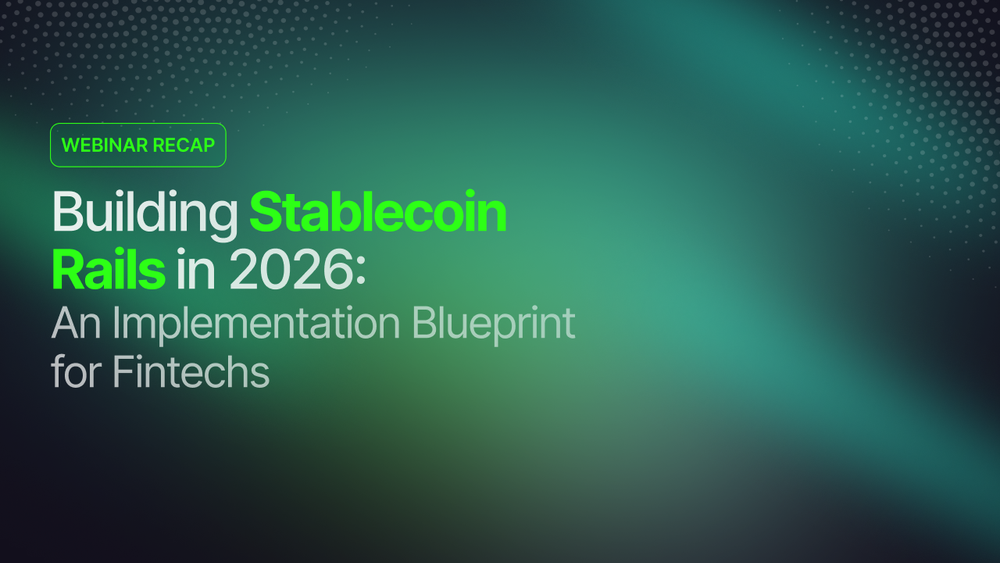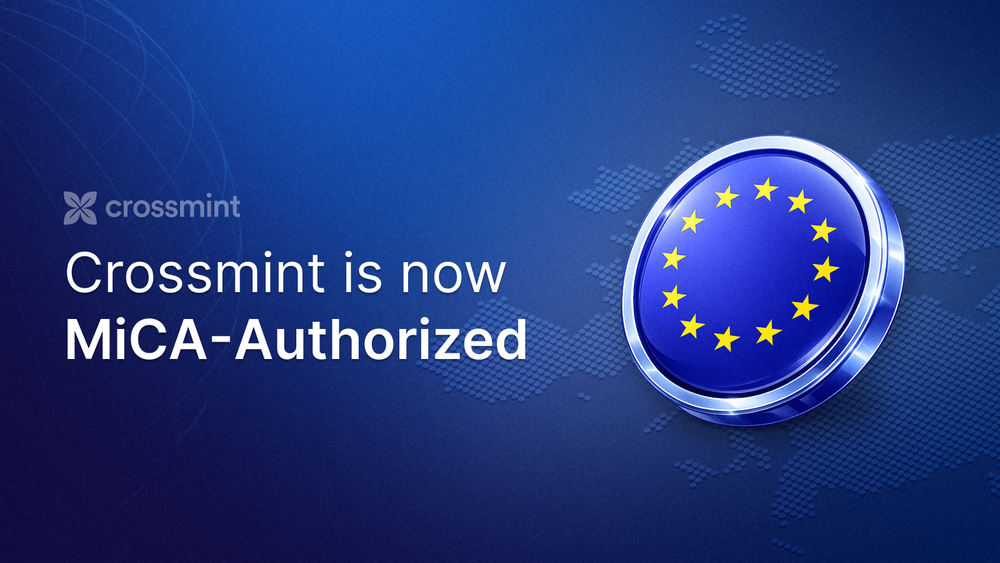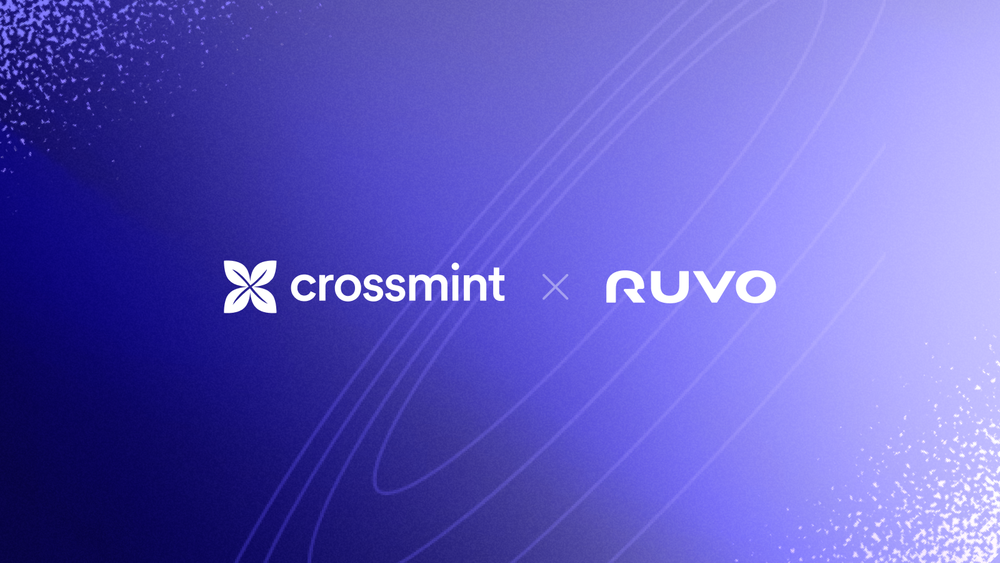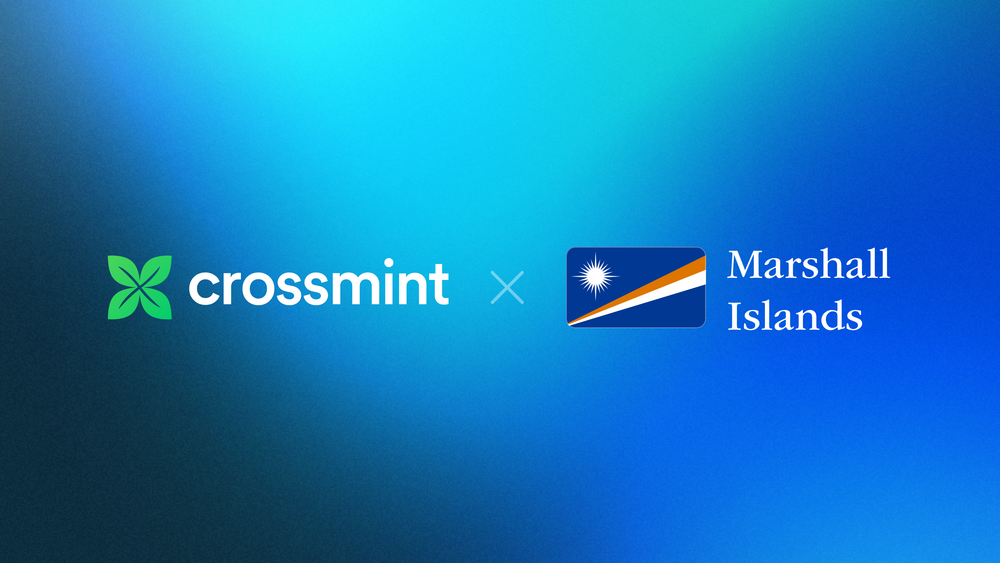It’s important for developers and companies to understand the difference between "agentic" behavior and "AI agents" in today’s increasingly autonomous world. At a high level, agentic refers to any system that can independently pursue goals (like your self-directed teams), while AI agents are specifically the software systems that use artificial intelligence to achieve business objectives. In the post, we will dive deeper into what agentic is, learn what the differences between “agentic” and “AI agents” is and how to build applications, launchpads and platforms around agentic systems and AI agents.
What is agentic?
"Agentic" is a broader concept that describes any system or entity that can act independently to achieve goals. This term comes from psychology and sociology, where it refers to the capacity for intentional action and decision-making. An agentic entity has some degree of autonomy and can make choices based on its understanding of its environment.
Differences between “agentic” and “AI agents”
"AI agents" are specifically software programs or systems that use artificial intelligence to perceive their environment and take actions to accomplish specific goals. They're a concrete implementation of agentic principles in the field of artificial intelligence. AI agents can range from simple rule-based systems to more complex autonomous programs that can learn and adapt.
The key differences are:
- Scope: "Agentic" is a theoretical concept that applies to any entity with goal-directed behavior, while "AI agents" specifically refers to artificial intelligence implementations.
- Origin: "Agentic" comes from social science theory, particularly work by Albert Bandura on human behavior, while "AI agents" is a technical term from computer science and artificial intelligence.
- Application: "Agentic" describes a quality or characteristic, while "AI agents" refers to actual implemented systems or programs.
For example, a human displaying self-directed behavior would be described as "agentic," but wouldn't be an "AI agent." Conversely, a program that automatically trades stocks using machine learning would be an AI agent and would display agentic behavior, but we wouldn't typically just call it "agentic" on its own.
Benefits of Building Agentic Companies and AI Agents on Crypto Rails
Building agentic companies and AI agents on crypto rails offers developers access to open, permissionless infrastructure that runs 24/7. Unlike traditional financial rails, which often involve multiple points of friction like 2FA and anti-bot software, crypto infrastructure enables programmable financial systems with potentially lower transaction fees.
To build agentic companies and AI agents that can transact on crypto rails, developers can use open source plug-in libraries like GOAT SDK that connect the major AI agent frameworks to 200+ onchain tools like DeFi (or Decentralized Finance) protocols, wallets, chains, analytics and more.
GOAT SDK is the most downloaded (>100k downloads to date) library for AI agents to interact with blockchain protocols and works with:
- Most popular AI agent frameworks like AI SDK, Langchain, Eliza, ZerePy, GAME by Virtuals, and ElevenLabs
- Chains including EVM (Base, Polygon, Mode, Sei) as well as Solana, Aptos, Chromia, Fuel, Sui, Starknet, Zilliqa and more
- Other tools such as minting (OpenSea, MagicEden), betting (Polymarket) and analytics (CoinGecko, BirdEye, Allora)
If you’re interested in creating a new plug-in for GOAT SDK, head on over to the GOAT SDK Github to create one!
Building with Crossmint Agent Wallets
Introducing Agent Wallets.
— Crossmint (@crossmint) February 6, 2025
Built for AI agent providers + launchpads.
Let your agents interact autonomously onchain while maintaining regulatory compliance.
End users retain full control of their agents' wallets. Zero custody risk for you as the provider. pic.twitter.com/NQ2DK5jywx
AI agent launchpads and platforms that enable anyone to build onchain AI agents need to implement a dual key wallet architecture or else they are at risk of creating a massive honeypot that hackers can attack.At Crossmint, we’ve launched Agent Wallets to allow developers building with a dual key wallet architecture to launch AI agent platforms and launchpads that can scale reliably to millions of users. They are fully non-custodial, which means:
- Crossmint never has access to your agents’ wallets
- Launchpads never have access to their agents’ wallets
- Keys stay completely private
- Agent platforms cannot be considered to control the wallet
Getting started with Crossmint Agent Wallets is simple:
- One line of code to create agent wallets
- Fork the Agent Launchpad Starter Kit
If you’re interested in building with Crossmint Agent Wallets, reach out to our sales team!


